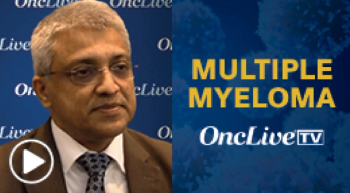
Shaji Kumar, MD, discusses the updated data from the phase 3 MAIA trial in newly diagnosed multiple myeloma.

Your AI-Trained Oncology Knowledge Connection!


Shaji Kumar, MD, discusses the updated data from the phase 3 MAIA trial in newly diagnosed multiple myeloma.

Dr Kumar, Dr Patel, Falbo, and Ahlstrom highlight the importance of community-based discussions regarding adverse effects in multiple myeloma, the benefits of considering the whole treatment course, and subgroup analyses from the MAIA trial.

Jeanne M. Palmer, MD, discusses a retrospective analysis of the PERSIST-1 and PAC203 trials, the symptoms that were analyzed across patient populations, and what the findings from this research indicate about the relationship between low platelet counts and symptoms such as fatigue in myelofibrosis.
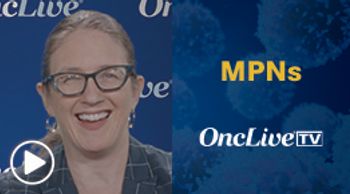
Jeanne M. Palmer, MD, discusses total symptom scores in patients with myelofibrosis with thrombocytopenia.

S. Vincent Rajkumar, MD, previews his top 5 abstracts in multiple myeloma ahead of the 2022 ASH Annual Meeting.

Mojun Zhu, MD, discusses key findings from the phase 3 TOPAZ-1 trial in patients with biliary tract cancer.

Lionel Kankeu Fonkoua, MD, discusses key considerations when selecting a treatment regimen for patients with hepatocellular carcinoma.

Matthew P. Goetz, MD, discusses the impact of the phase 3 PALOMA-2 trial in estrogen receptor–positive/HER2-negative advanced breast cancer.
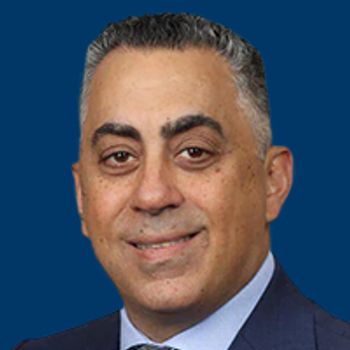
Prognosis, treatment outcomes, and molecular characteristics have become associated with sidedness in colorectal cancers making the distinction an essential characteristic for consideration in decison-making.
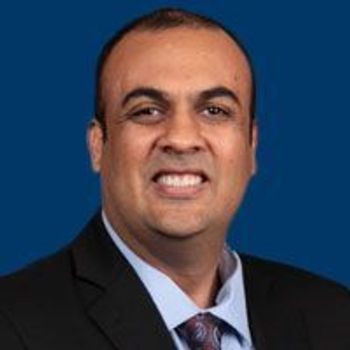
Investigators hope to add RLY-4008, the first highly selective FGFR2 inhibitor, to the growing arsenal of treatment options for patients with cholangiocarcinoma.
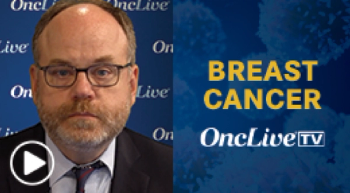
Matthew P. Goetz, MD, discusses the clinical significance of the phase 2 ELAINE-1 trial of lasofoxifene in patients with ESR1-mutated, estrogen receptor-positive/HER2-negative metastatic breast cancer.

Early sensitivity to FGFR inhibition has improved outcomes for patients across tumor histologies; however, kinase domain mutations limit extended efficacy for select patients including those with intrahepatic cholangiocarcinoma or urothelial cancer.

Stephen M. Ansell, MD, PhD, discusses the investigation of loncastuximab tesirine in the phase 2 LOTIS-2 trial in relapsed/refractory diffuse large B-cell lymphoma.
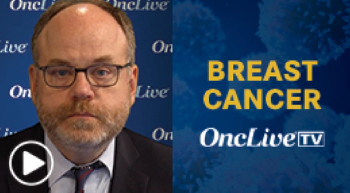
Matthew P. Goetz, MD, discusses the progression-free survival benefit derived with lasofoxifene in patients with ESR1-mutated, ER-positive/ HER2-negative metastatic breast cancer.

Evidence-based decisions have leveraged the use of immunotherapy combination atezolizumab plus bevacizumab for patients who receive a diagnosis of hepatocellular carcinoma.

Single-agent lasofoxifene did not produce a statistically significant improvement in progression-free survival vs fulvestrant for patients with estrogen receptor–positive, HER2-negative metastatic breast cancer harboring ESR1 mutations.

The addition of abemaciclib to a nonsteroidal aromatase inhibitor elicited an improvement in overall survival vs a nonsteroidal aromatase inhibitor alone in patients with hormone receptor–positive, HER2-negative, early-stage breast cancer.
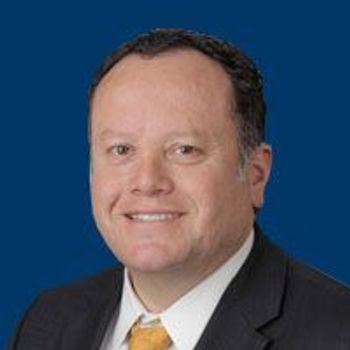
Findings of a retrospective study demonstrated a high dosing compliance with daratumumab compared with approved indications for patients with multiple myeloma in the real-world setting.
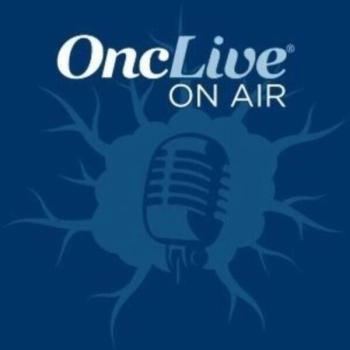
Drs Bekaii-Saab, George, and von Mehren discuss patient-reported outcomes from the INTRIGUE trial, the rationale for a phase 1/2 study investigating DCC-3116 in patients with RAS or RAF–mutated solid tumors, and how vimseltinib may alleviate unmet needs in the tenosynovial giant cell tumors population.

Judy C. Boughey, MD, shares criteria for omission of sentinel lymph node surgery, the importance of not altering treatment based on identification of variants of uncertain significance, and the potential value of trastuzumab deruxtecan in HER2-low metastatic breast cancer.

Matthew P. Goetz, MD, discusses overall survival data with ribociclib and abemaciclib in estrogen receptor–positive, HER2-negative disease; the role of adjuvant pembrolizumab in patients with triple-negative breast cancer; and the efficacy of PARP inhibitors in earlier settings.
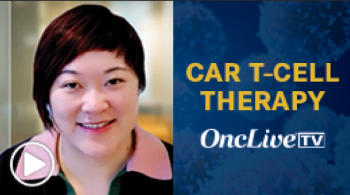
Yi Lin, MD, PhD, discusses patient eligibility for CAR T-cell therapy in hematologic cancers.

At the start of his career, Weijing Sun, MD, FACP, was motivated to explore potential new treatments for gastrointestinal malignancies, and is now an internationally known GI cancer expert.

The clinical learning environment for medical trainees is the foundation of medical training programs.

The combination of tislelizumab and chemotherapy demonstrated a superior overall survival benefit compared with chemotherapy alone in patients with metastatic or unresectable esophageal squamous cell carcinoma
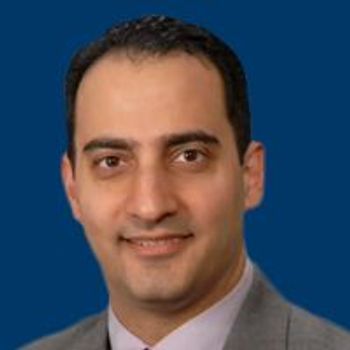
Sikander Ailawadhi, MD, discusses early efficacy observed with iopofosine I-131, the rationale of investigating the agent in the CLOVER WaM trial in patients with Waldenström macroglobulinemia, and how the radiotherapeutic could affect the treatment paradigm.

Treatment with tafasitamab plus lenalidomide demonstrated trends toward improved overall survival vs systemic regimens across key subgroups of patients with high-risk relapsed or refractory diffuse large B-cell lymphoma who are not eligible for transplant, according to findings from an observational, retrospective analysis of the cohort RE-MIND2 study.
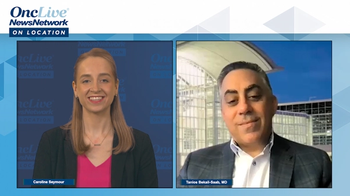
OncLive® will be LIVE with OncLive® News Network: On Location at the 2022 ASCO Annual Meeting. Each day, we will broadcast a series of interviews with top thought leaders, to learn their thoughts and reactions to data presented across oncology during the conference.

Brentuximab vedotin plus doxorubicin, vinblastine, and dacarbazine demonstrated a significant reduction in the risk of death vs doxorubicin, bleomycin, vinblastine, and dacarbazine, with a manageable safety profile consistent with prior findings in patients with previously untreated stage III/IV classical Hodgkin lymphoma.

Sikander Ailawadhi, MD, discusses the examination of iopofosine I-131 (CLR 131) in Waldenström macroglobulinemia.